Lotus stunned the world last week with the launch of six new models at the Paris motor show that will take the Norfolk firm right into the heart of Aston Martin, Porsche and Ferrari territory. Many commentators have expressed extreme scepticism over the plans, so Steve Cropley went to meet Lotus's new CEO Dany Bahar for the inside story on how the firm will carry out its radical plan.
“I always had a weakness for this brand,” says Hethel’s rule-changing CEO of the past 12 months, Dany Bahar. “Even while I was working at Ferrari, I knew Lotus was special. But to me, the products weren’t doing justice to the great name and heritage.”
Bahar, who sounds like a soft-voiced Michael Schumacher when he speaks, comes across as a far more emollient character than the person portrayed on the rumour-mill for the 12 months he has so far spent in the main man’s seat at Lotus, avoiding interviews while he put his radical changes into action.
See pics of all six new Lotuses revealed at the Paris show
He settles comfortably in an armchair as we talk, resting one leg comfortably on the other and displaying the sharpest trouser creases I’ve ever seen.
“We want our new cars to be as big as the brand itself,” he explains. “The previous management tried hard to do that with the Evora, but they had to leave everything else the same. Our new plan means we have the opportunity to change everything — to do things from a better position — and that’s what we’re going to do.”
Bahar readily acknowledges outsiders’ worries about his plan — raising the investment, finding the buyers, delivering the quality — and deals calmly with them, one by one. “Our investment is confirmed,” he insists. “Our shareholders have lost a lot of money at Lotus over the past 14 years, and they wanted to stop that. There were two options: sell the company or run it to its potential. They made the second choice.”
Read the full story on all six new Lotuses
But just how dependable is the solvency of Lotus’s owner, Proton, given its well-known past losses and market difficulties? Bahar points to its strong links with the Petronas oil company and with the Malaysian government.
“They’re strong,” he says. “They have their own aggressive plan to lift production to a million cars over the next five to seven years, from around 350,000. Besides that, they’re fun to work with. They have 1000 engineers of their own, and Lotus is already making use of those as capacity allows to work on third-party engineering projects. It’s a great partnership.”
Bahar insists that although his name is on the recovery plan, it wasn’t simply something he dreamed up. “I asked people,” he says. “I'm not a car guy. We did lots of research and I consulted people I trust, some of whom liked the idea so much they now work in the business. That part feels good; knowing there are people who believe we can do this thing just as passionately as I do.”
Downsides? Bahar is disappointed by the reaction of the UK’s coalition government to Lotus’s requests for loans to finance its plant development. “We were asking for loans,” he says, “not grants. We could have 1200 new manufacturing jobs here under the new plans. They complimented us on our presentation, and the whole thing looked a no-brainer. But we learned it wasn’t a no-brainer…”

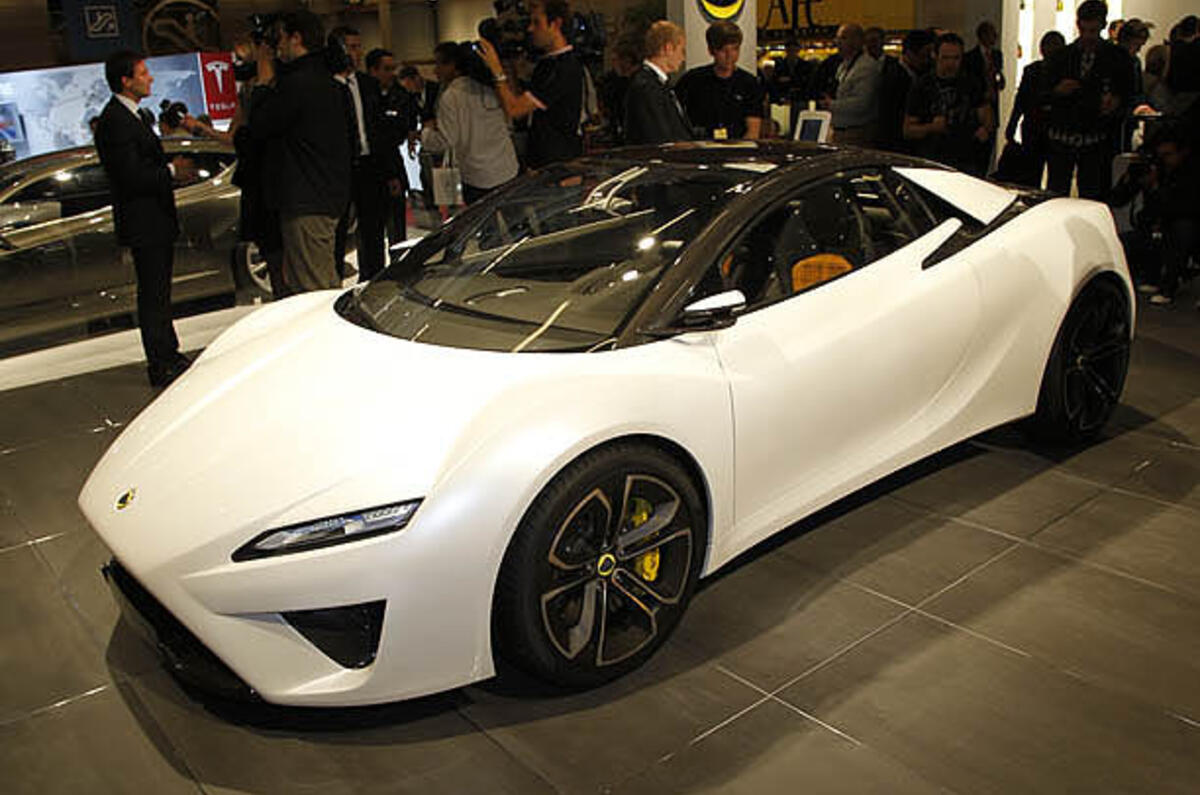
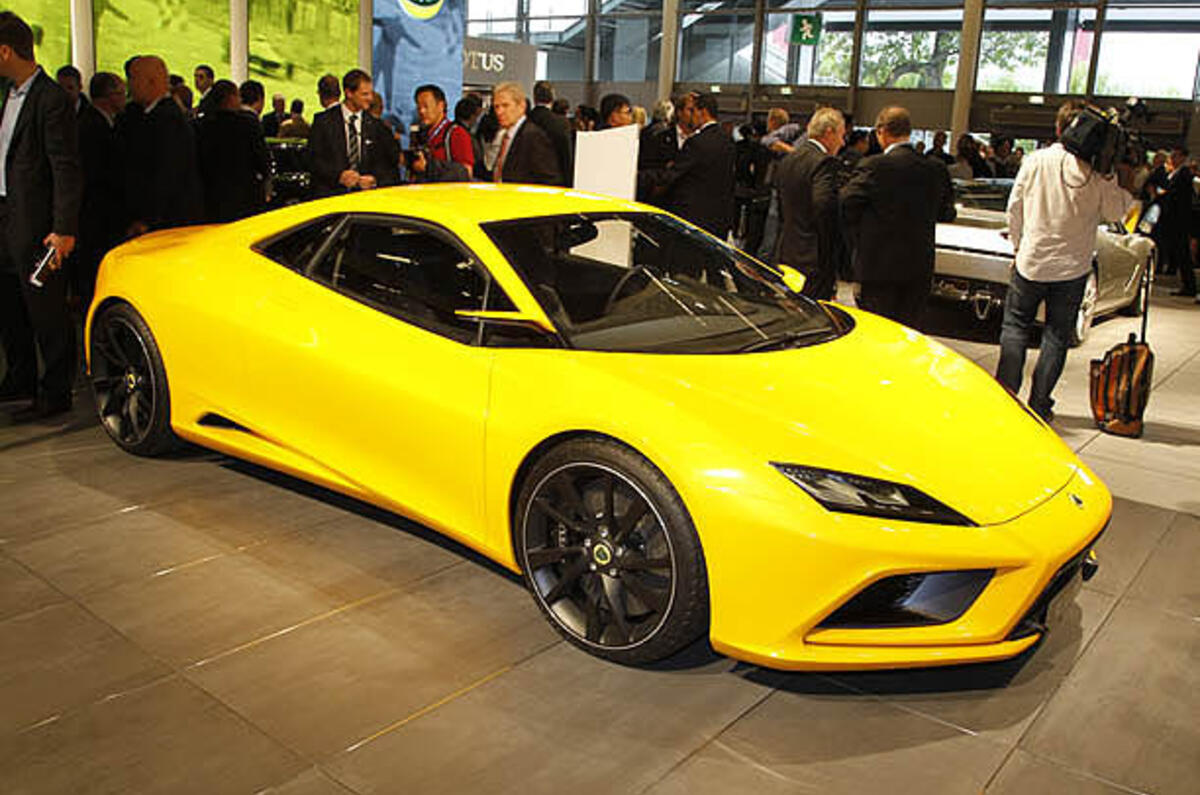
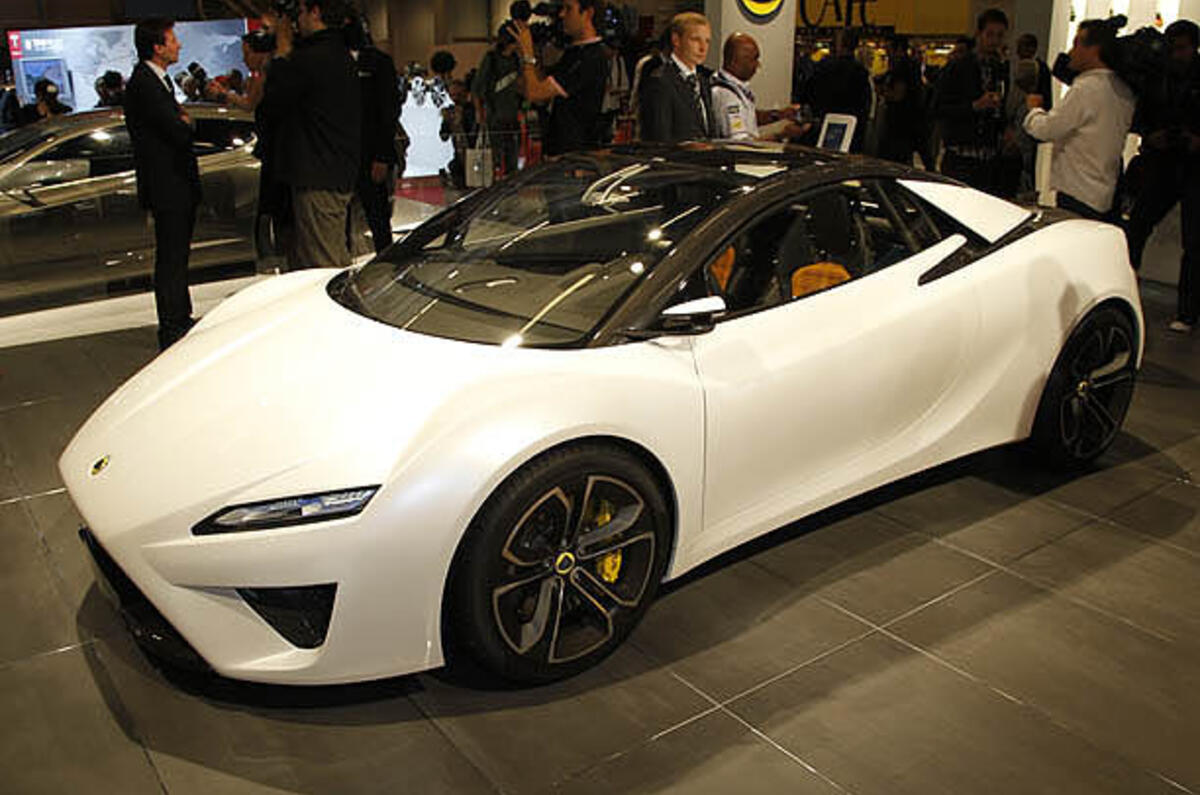
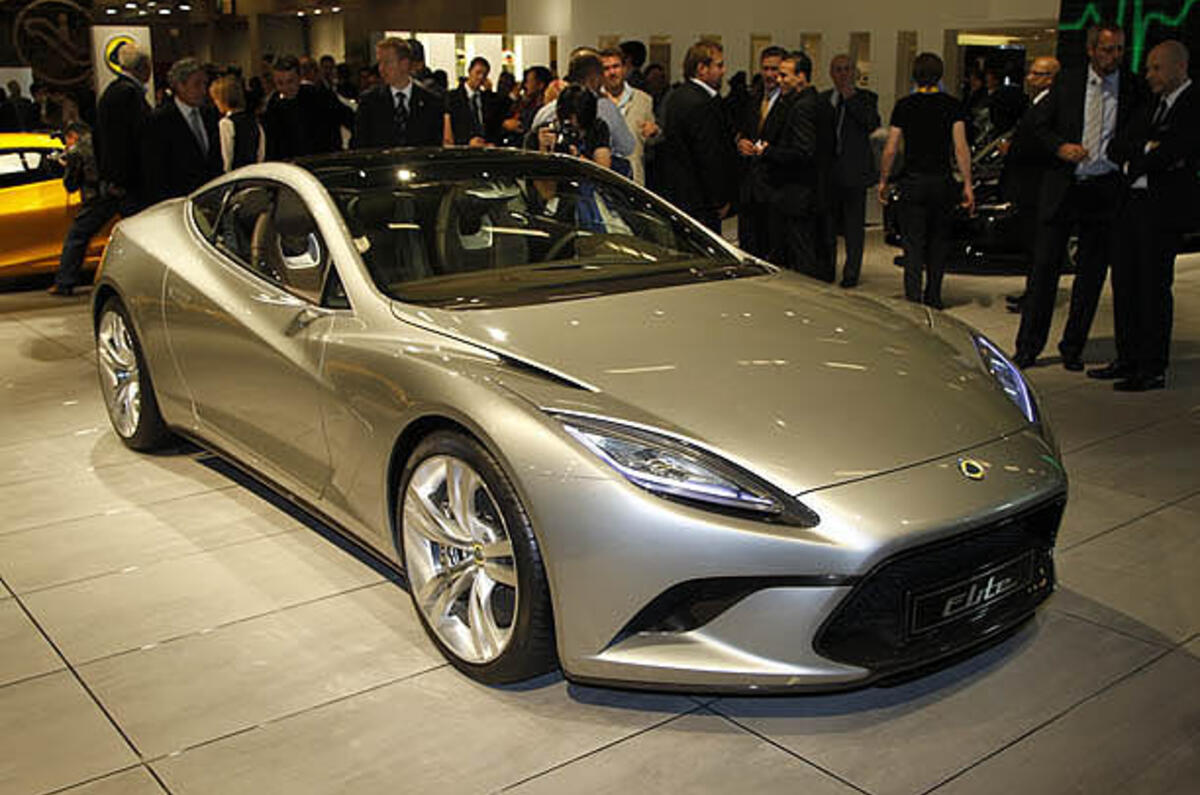
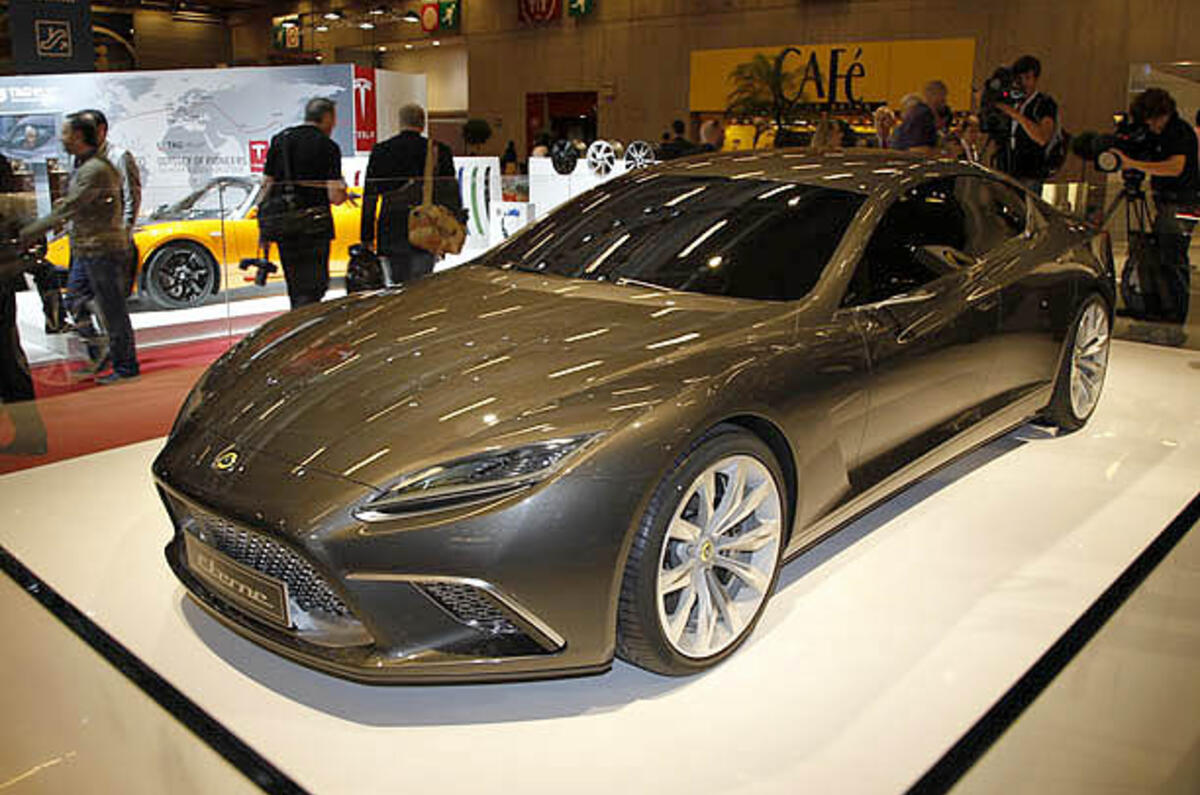
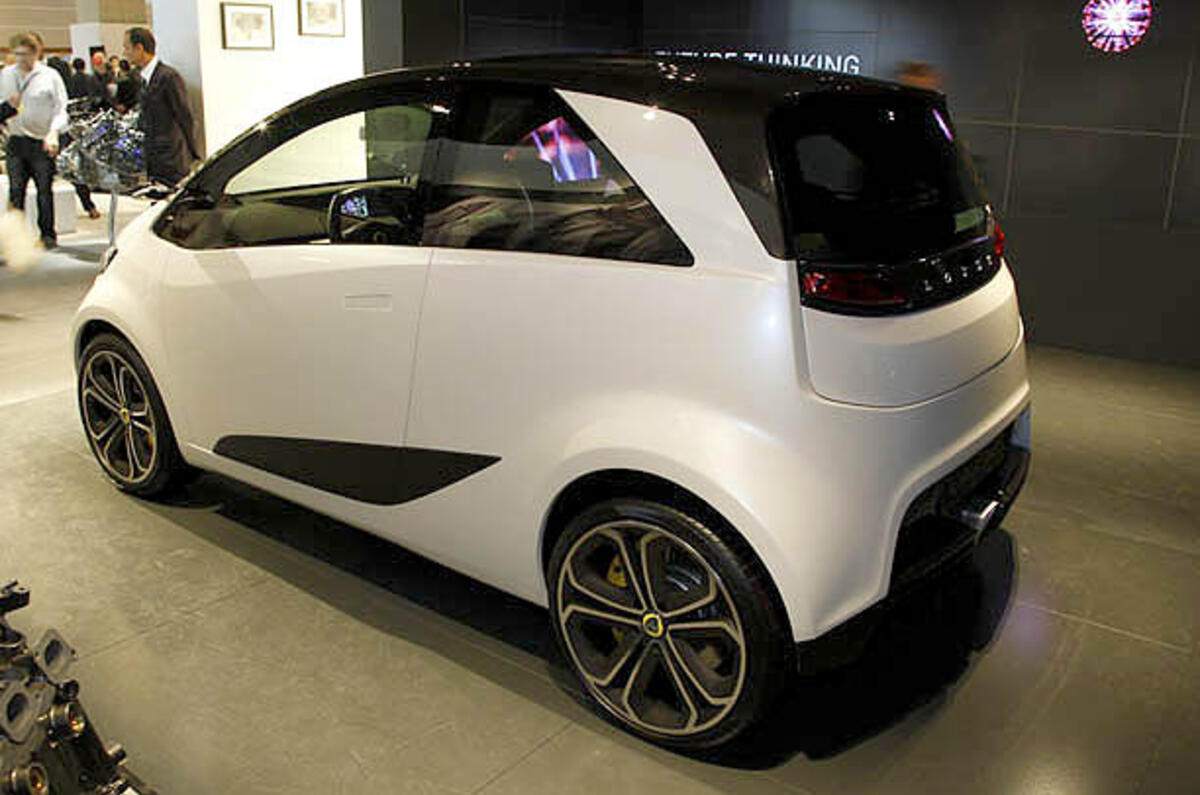












Join the debate
Add your comment
Re: Lotus: 'How we're going to do it'
i agree with everything written above. I think this is an interesting plan that Lotus have. And i like all of the new comcept cars: the elite, elan, esprit and the elise.
Re: Lotus: 'How we're going to do it'
Lets face it - crash regs have effectively killed the lightweight sports car unless you fly under the radar with SVA approval, and if you do you can't sell your product into most of the worlds biggest markets. It's our own fault for implementing health and safety rules and getting bigger, fatter and multiplying like rabbits.
Everyone liked the lightweight idea of the Elise, but when it came round to it, who actually thought they could put up with the rawness day to day and put their hand in their pocket and actually bought one?
Sticking to the lightweight philosophy would mean Lotus getting smaller and smaller making cars to fit an ever decreasing niche until the company was the size of Caterham.
There are enough (if not too many) other "Weekend Toys" out there for those with the cash already, let's have a true Porsche competitor in the marketplace to soak up some of the dull-as-dishwater 911 / Boxster sales. They've got the brand name, the styling's a world better than Porsches stuck-in-a-rut offerings, lets just hope they've got the cash and can improve the reliability.
Re: Lotus: 'How we're going to do it'
True, but there is the matter of scale; There's plenty of space for "car guys" between Mullaly and a finished Ford. And, at the end of all the work they do, we the public get a Ford, a real one. Bahars influence will be much more felt, he is pretty much it when it comes to decision making. And even if he does succeed, those cars aren't really Lotuses.
It's gonna take more than a pretty face for me. I'm thinking dinner and a movie at least. And it better be a fancy restaurant.